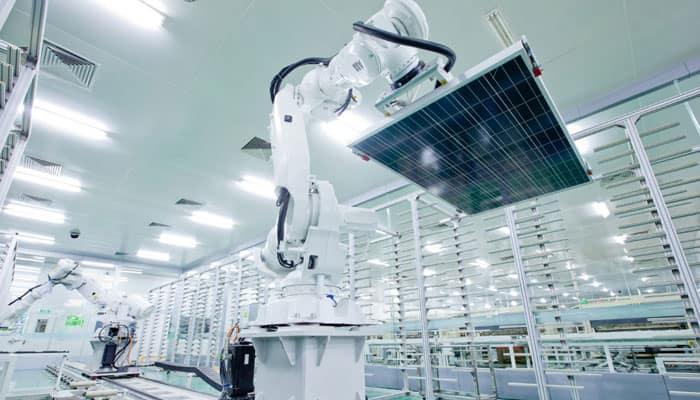The initiatives are a part of industry-wide protests that highlight enormous renewable energy and economic gains that legislators can present to the electorate.
More than 400 clean energy businesses are pleading with Congress to pass legislation that would allocate billions of dollars for the deployment of sustainable energy.
The Solar Energy Industries Association (SEIA) submitted the following letter to President Joe Biden, Speaker of the House Nancy Pelosi, as well as Senate Majority Leader Chuck Schumer:
All Americans can look forward to a cleaner, more affordable, and more stable domestic energy future thanks to the efforts of the solar, storage, and other clean energy sectors. Please pass the reconciliation tools so that we can execute it. It’s time to finish this.
To support a reconciliation package that includes a long-term renewal of the solar investment tax credit and a stand-alone credit for energy storage, the industry will hold a day of action in Washington, according to SEIA. The trade association is also requesting that the Solar Energy Manufacturing for America Act be approved. The law, which was approved by the House last year, would offer rewards for domestic production along the whole solar supply chain.
The CEO of SEIA, Abby Ross Hopper, stated in a release that the time for rhetoric is done, and that the only thing left is to negotiate a deal. If Congress takes action, the solar and storage industries are motivated, organised, and prepared to make a future powered by sustainable energy a reality. It is now time. The solar industry was given a two-year window by Biden last month to strengthen its supply chain with a halt on increased tariffs on imported modules from Southeast Asia.
The SEMA Act is thought to be an essential first step in developing a U.S. solar distribution network. The Build Back Better Act, which is now defunct and that Democrats in Congress are attempting to revive, contained provisions from the bill. SEMA proposed tax incentives of $12 per square metre for wafers, 4 cents per watt for cells, and $3 per kilogramme for polysilicon. The cost per unit of non-integrated solar module production would be 7 c/w. Credits would also be granted for the production of solar trackers and inverters.
In response to a complaint from the module maker Auxin Solar in San Jose, California, the Department of Commerce launched an investigation. Mamun Rashid, the CEO of the business, thinks that modules coming from Malaysia, Vietnam, Thailand, and Cambodia might be dodging trade restrictions against China.
The solar business is given a brief reprieve by Biden’s decision, but Commerce’s inquiry is still ongoing and may lead to higher penalties. According to experts, it could take two to three years to develop a domestic solar supply chain network to meet the U.S. demand.
As per a recent assessment from the International Energy Agency, China is in charge of 80% of the crucial production processes for solar modules. According to IEA predictions, China might supply 95% of the world’s polysilicon and wafers in the upcoming years.





































